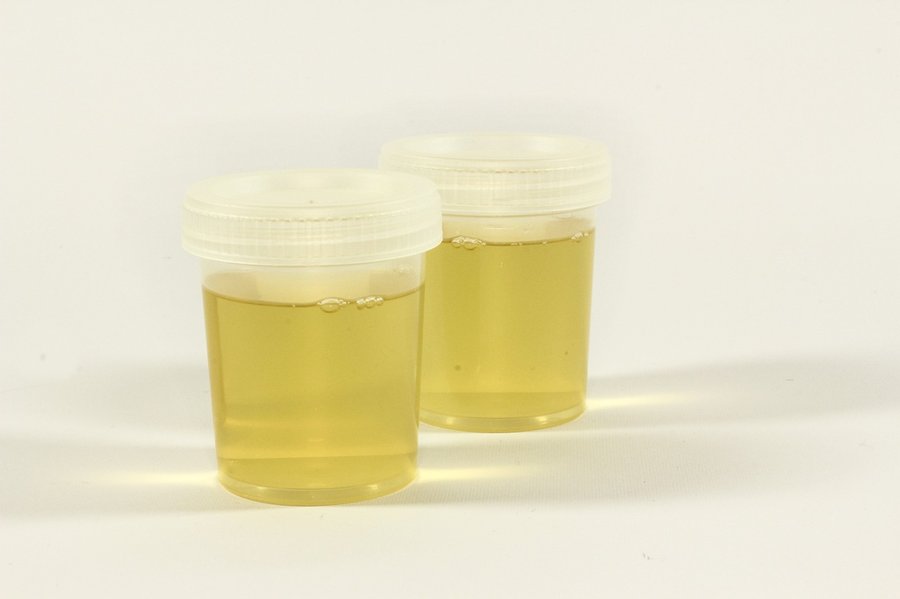What is asparagus odor perception?
The perception of the characteristic odor after eating asparagus is a fascinating example of the genetic and physiological variability of human olfactory perception. Asparagus contains certain sulphur-containing compounds that are metabolized in the body after consumption and excreted in the urine. These metabolic products are responsible for the intense, often unpleasant odor. Interestingly, not all people perceive this odor.
The ability to smell the asparagus odor in urine varies greatly among the population and is partly genetically determined. Studies have shown that differences in certain gene variants correlate with the ability to perceive this odor. Genes responsible for the olfactory receptors, which are located in the nasal mucosa and can recognize specific scents, play a particularly important role here.
Psychophysical studies have also shown that there are not only differences in perception, but also in the production of the characteristic asparagus odor. Some people excrete the odor-causing compounds in higher concentrations after eating asparagus, while others do so only to a small extent or not at all. This variation in odor perception is therefore due to differences in the biochemistry of metabolism as well as genetic differences in the sense of smell.
Biochemistry of odor formation
The characteristic odor after eating asparagus is caused by the breakdown of specific sulfur-containing compounds contained in asparagus. These compounds, in particular aspartic acid and its derivatives, are broken down in the body into volatile substances that are then excreted in the urine. The intensity of the odor is determined by the concentration of these metabolites in the urine. Particularly noticeable is the formation of sulphur-containing compounds such as methanethiol and dimethyl sulphide, which are responsible for the intense smell of rotten eggs. The biochemistry of this process is well documented and shows how the body naturally processes and transforms certain food components.

Good to know
The distinctive smell of urine after eating asparagus was already known in ancient Rome and was even mentioned in writings - a sign of how long this phenomenon has been part of human experience.
Variation in production
In addition to the perception itself, the production of the asparagus odor also plays a decisive role. Different people excrete the odor-causing substances in different quantities. This variation can be attributed to individual differences in the metabolic pathways that influence the conversion of asparagus ingredients. Factors such as the activity of certain enzymes and general metabolic health may play a role. There is evidence that diet, fluid balance and even general health can influence the amount and composition of flavor compounds excreted.
Influence of diet and lifestyle
The composition of urine and thus the intensity of the asparagus odor can also be altered by external factors such as diet and lifestyle. A high-fibre diet or a high fluid intake can dilute the concentration of metabolic products in the urine and thus weaken the odor. Individual differences in intestinal flora can also play a role, as they influence the metabolization of food components. These factors show that odor formation after eating asparagus has not only a biological but also an environmental and lifestyle-dependent component.
![[Report Bild]](/static/reportImages/spargel2.jpg)